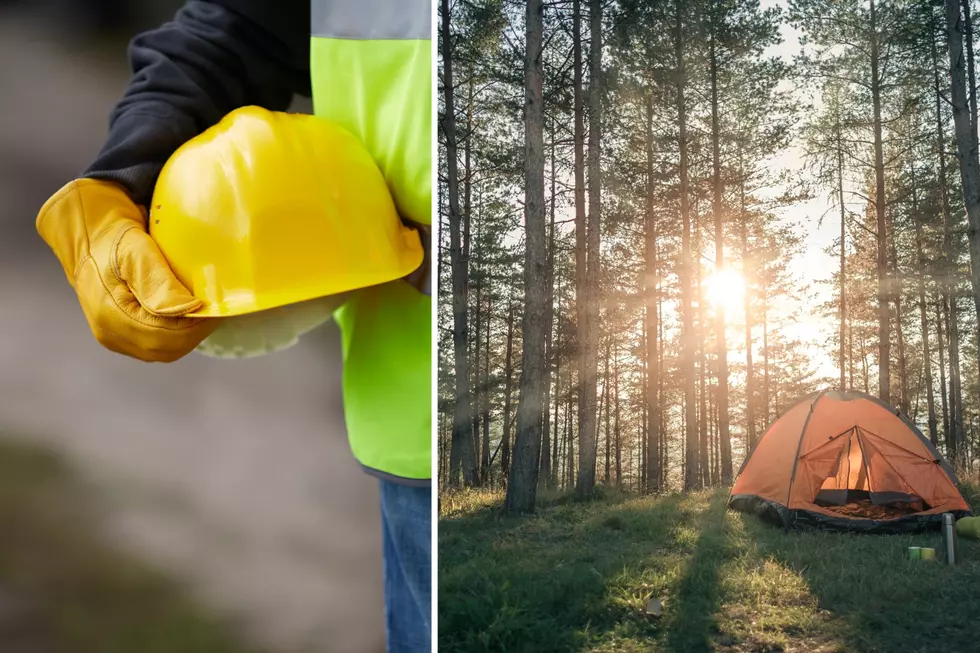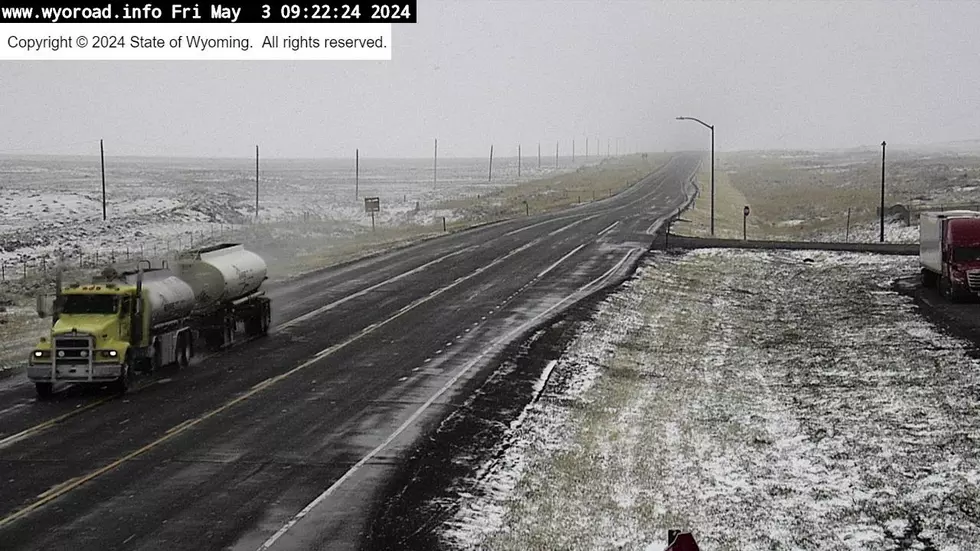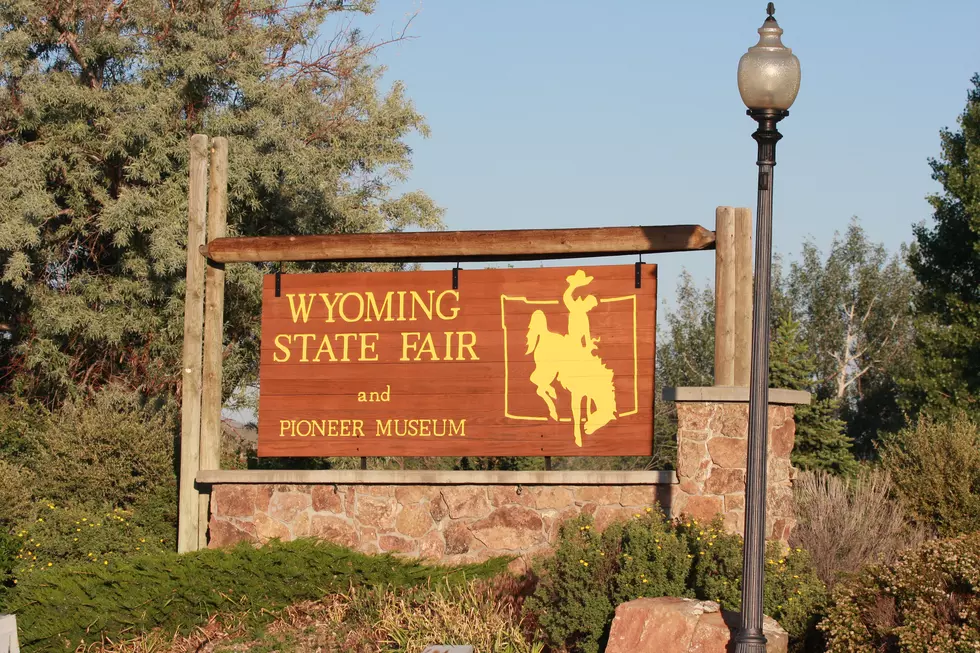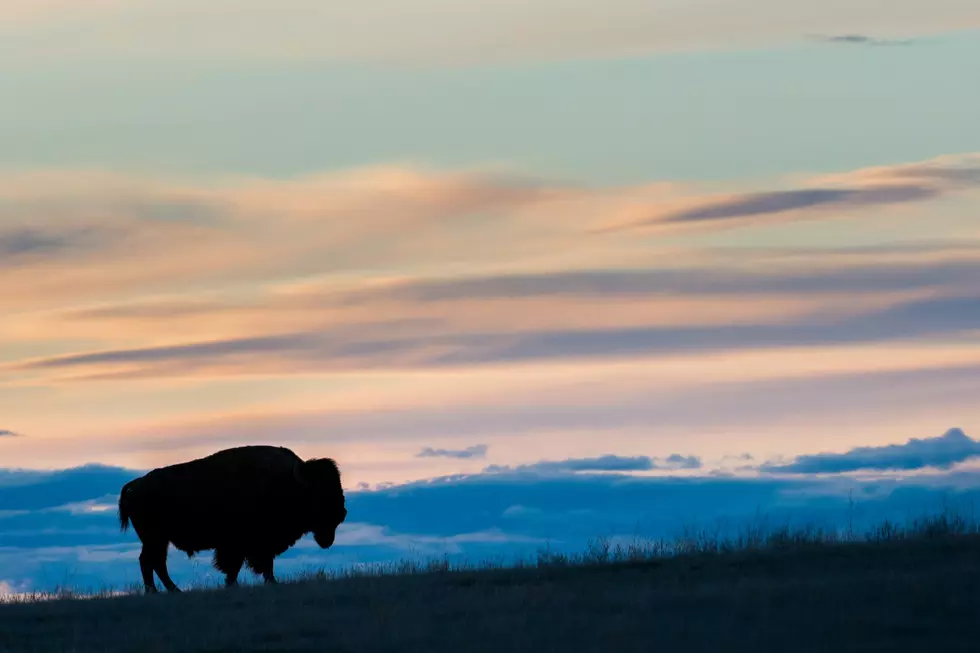
New Pest on the Loose in Natrona County: the Yellow Starthistle
Yellow starthistle, according to the Natrona County Weed & Pest (NCWP), is a highly invasive weed. It was discovered on private land in Natrona County in August.
NCWP is currently overseeing the management and eradication of the weed. Now, the area is fenced off to keep most wildlife and all livestock out.
The infestation was less than an acre, and all visible plants were pulled and removed from the area. The district estimates that between 500 and 600 pounds of the weed were collected. The weeds will sun rot and ferment in a secure location on NCWP property, then be burned in the winter.
NCWP believe this plant to negatively affect the environment. They wrote that Yellow starthistle can quickly overwhelm native plants, which can decrease forage for livestock and wildlife, damage native plant diversity, and impact recreational activities. Additionally, the plant can cause neurological disease or death in horses if they consume it in very high amounts.
“This plant doesn’t have any competition from existing plants, no Achilles heel,” said Brian Connely, District Supervisor for Natrona County Weed and Pest. “So, it can really decimate functioning ecosystems.”
Yellow starthistle is a prolific seed producer, and a healthy plant can produce up to 15,000 seeds, causing outbreaks to spread quickly. Because of this, NCWP plans to continually treat and monitor the area with the goal of eradicating the invasive weed.
“We’ll use all of the tools available – chemical control, biocontrol, fencing, prevention, and education,” Connely stated. “We’re hoping that if we can get every plant controlled, that we’re about six to eight years out from eradication.”
Other states that have deemed this plant noxious are Idaho, Montana, Nevada, New Mexico, North Dakota, Oregon, South Dakota, Utah, Washington, California, and Arizona.
The best way to avoid infestations is to “PlayCleanGo.”
Six steps you can take to stop the spread of invasive species:
- Clean your shoes, clothes, packs, and pets before and after exploring, and stay on designated trails.
- Clean your horse’s hooves and feed them weed-free certified hay before your adventure.
- Clean, drain, and dry your watercraft and angling equipment to Stop Aquatic Hitchhikers.
- Don’t Move Firewood. Buy it where you burn it, buy certified heat-treated firewood, or gather on site when permitted.
- Before traveling to new areas, inspect and clean your trailers, off-road, and recreational vehicles with water or compressed air to remove mud, plant parts, and hidden pests.
- Take the PlayCleanGo Pledge and invite your family and friends to do the same at PlayCleanGo.org.
For more information, contact Natrona County Weed and Pest. For tips to stop the spread of invasive species or for details about the Wyoming Weed and Pest Council, visit wyoweed.org and follow on Facebook and Twitter.
Wyoming Weed & Pest's Most Notorious Species
More From K2 Radio






